I’ll start with honesty: I did not like Charlie Kirk. I never liked his politics, and I strongly doubt I ever will. I never looked to him for guidance, and I don’t think his message made this country better. I’ve spent years wishing his voice carried less influence.
But I also didn’t like the headline I saw two days ago.
I’m sure most of you have, but for those who haven’t seen it: American right-wing political activist Charlie Kirk was shot and killed during an event at Utah Valley University.
My sister immediately texted me when it happened, and opening up that message, I didn’t necessarily feel happy. I mean, I thought it was laughably ironic: a man so fiercely devoted to defending the Second Amendment becomes a victim of the very bullet he swore to protect. Mostly, though, I found it unsettling.
Because even though I didn’t like Charlie Kirk, well, I didn’t want him shot. I don’t want anyone shot.
And this just serves as a reminder of the question I’ve asked myself too many times to count: why do we live in a country where weapons like this are so easy to get?
I mean, seriously. Why?
Why do we accept that someone can be angry, impulsive, or unstable– and within hours, be armed with the ability to end a life? Why do we normalize this as if it’s just part of “freedom”? I don’t see freedom in it. I see fear. I see college students, like the ones at Utah Valley University, ducking under chairs. I see families waiting by their phones for updates from hospitals. I see a nation living with the constant knowledge that a gun could end their day, their plans, or their entire life– at school, at the grocery store, at a concert, or, now, at a college event.
We don’t let people casually buy explosives. We don’t allow chemical weapons to be sold at sporting goods stores. So why are guns treated differently when they’re used to kill Americans on a daily basis?
I keep circling back to this: I rarely ever agreed with Charlie Kirk, but that disagreement should be enough. He speaks, I critique, and the debate lives on. The moment a bullet replaces words, the debate is over. Once violence becomes an acceptable form of argument, no one is safe to speak anymore.
And that’s why I didn’t like that headline. It didn’t matter that the name in it belonged to someone I’ve criticized, someone I’ve never respected politically, but rather, it mattered because it reminded me of the danger we invite into our public life every day by refusing to deal with guns honestly. How normalized this absolute nightmare of a country has become when it comes to the lack of gun control.
I didn’t like Charlie Kirk. I didn’t have to. But I don’t think he should’ve been silenced by a gun. I don’t want anyone silenced by a gun. We should be better than this. We should demand more than this.
That being said– this moves me into my next topic of discussion: people’s incredibly selective empathy.
When the headline first broke, I scrolled through Instagram stories and saw post after post about it– “Pray for Charlie Kirk,” messages of solidarity, etc. A lot of it came from right-wing acquaintances, but just as much from people who usually insist they’re “not political.” Suddenly, everyone had something to say. Interesting.
What strikes me about this is the way people, so abruptly, found their voices. My feed became filled with sympathy for Kirk and his family– constant remarks of “no one deserves this.” And they’re right– no one does. But I couldn’t help noticing how quiet those same voices have been when other lives are taken by guns. Where was this outrage for Melissa and Mark Hortman? For the countless parents who bury their children after school shootings? For the victims in Gaza? Where were the Instagram posts? Where were the prayers? I certainly didn’t see them. This is what I mean by selective empathy. It’s loud when the victim fits a certain category– white, conservative, well-known– but deafeningly silent when the victims are poor, marginalized, or politically inconvenient. It’s easy for these people to condemn violence when it touches someone who looks or thinks like them, but it’s laughable how silent they are otherwise.
I believe that silence is its own kind of violence. It shows the way people ration empathy. They feel bad about a death when the victim catered to their MAGA ideologies, but withhold their prayers from those they deem unworthy of public mourning. All of a sudden, people are moved to speak now, but gun violence has been with us all along– literally daily. Until Kirk’s death, the response was nonexistent.
If we only find compassion when the headline is big enough, then our empathy isn’t really about justice or humanity– it’s about visibility. It’s about personal relevance. And that’s not empathy at all. That, to me, is almost as disturbing as the violence itself.
So if you’re wondering what the takeaway is, I’ll leave you with two things: 1) Gun control, and 2) Empathy for everyone, not just your favorite conservative icon.
Because those are what we need right now.
**This opinion article reflects the voice of the writer and does not necessarily represent the views of The Viking Times as a whole. Like most news outlets, The Viking Times is a non-partisan media platform.***



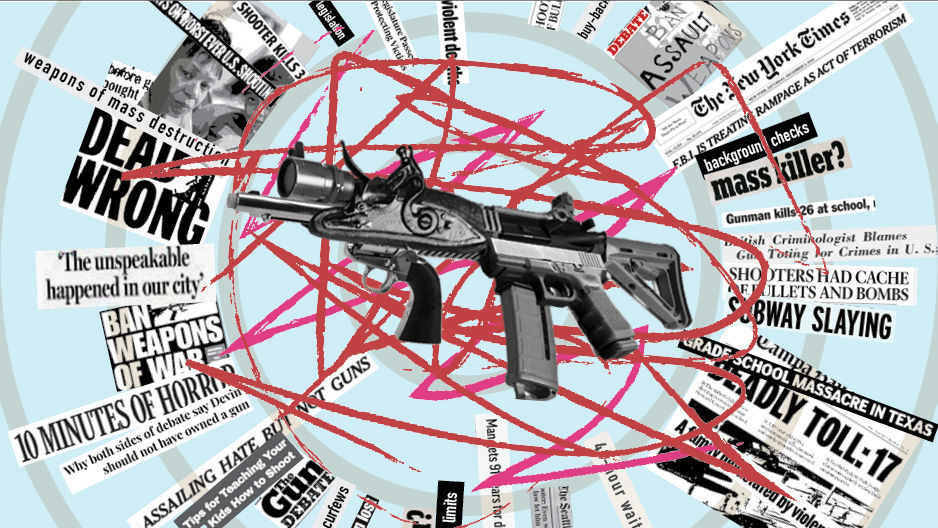
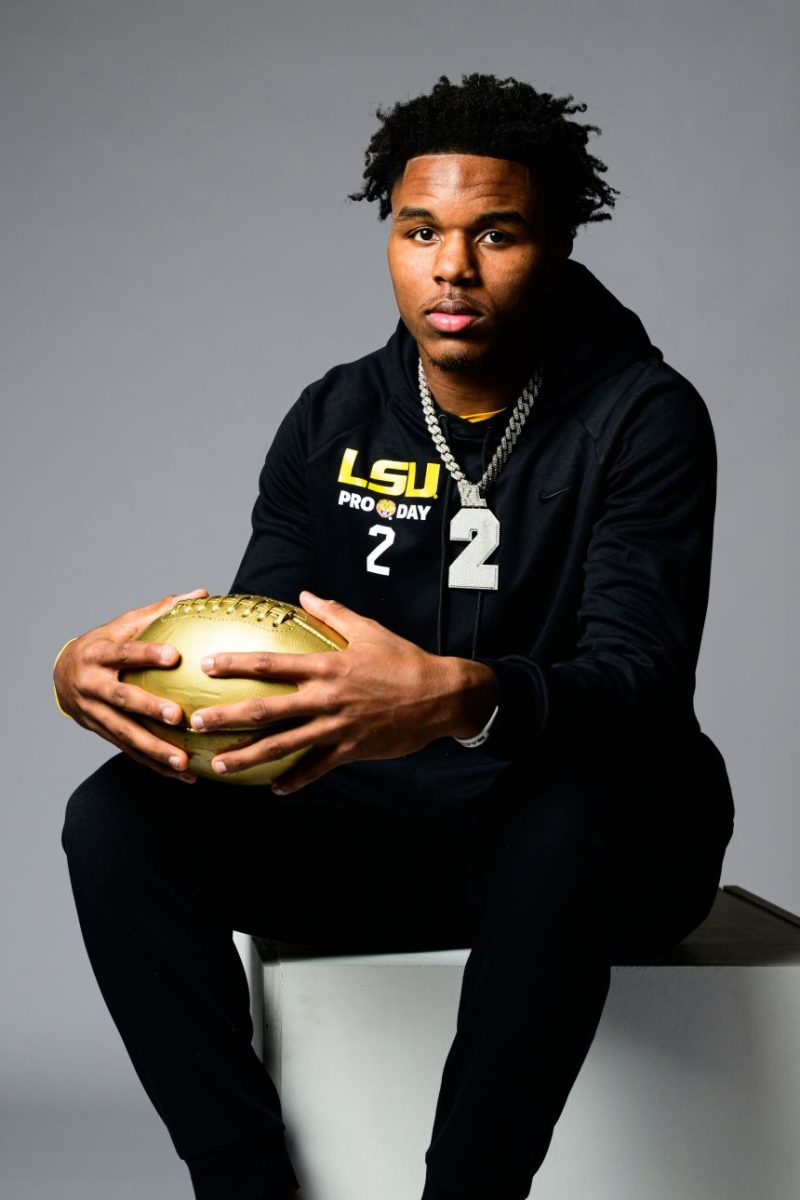
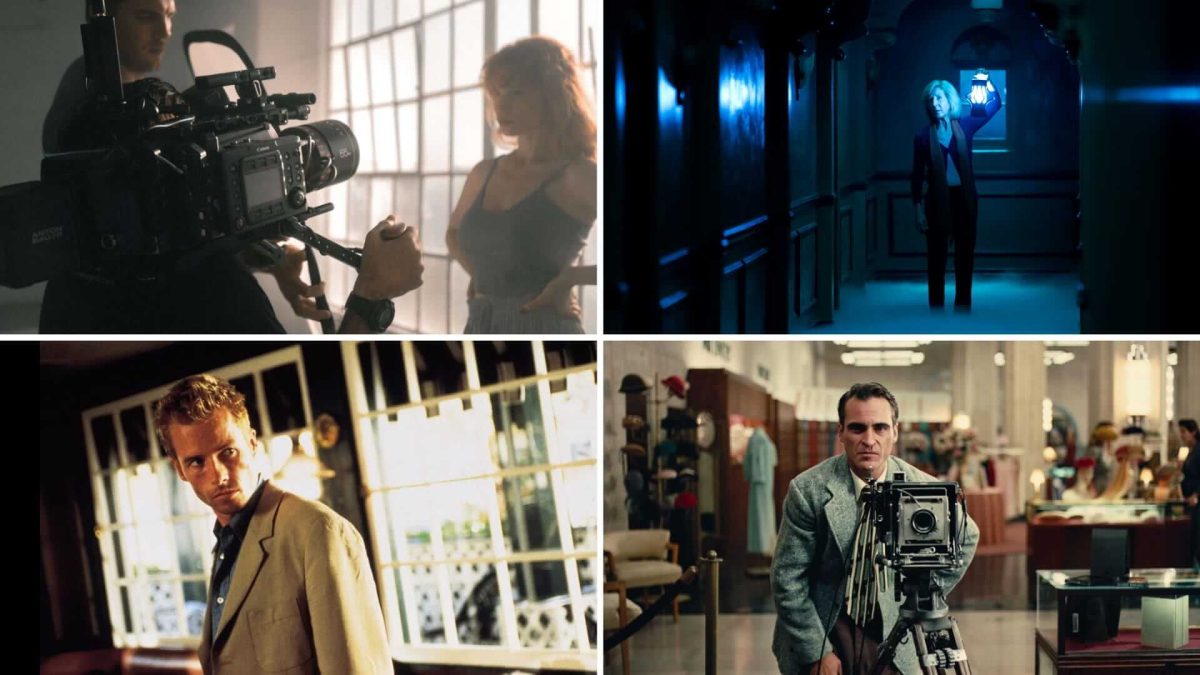
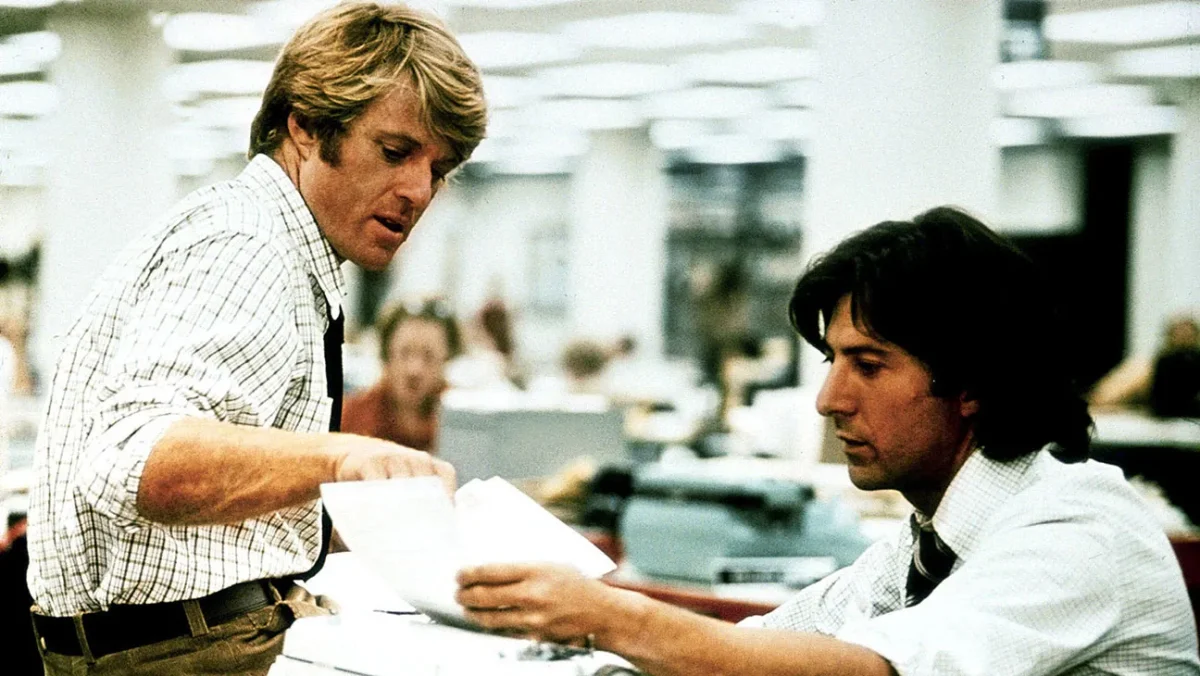


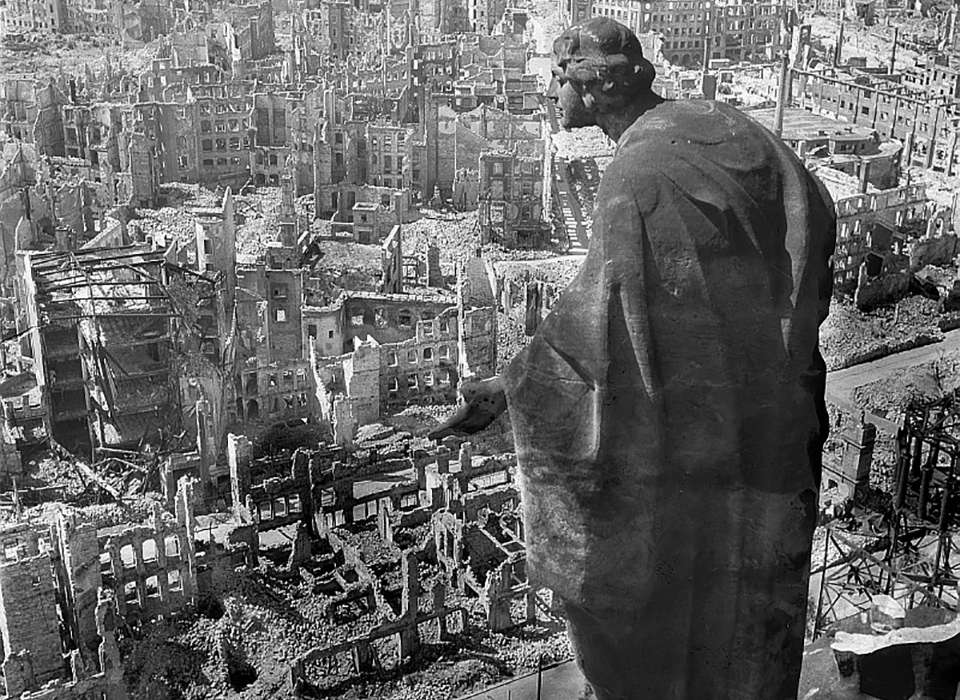
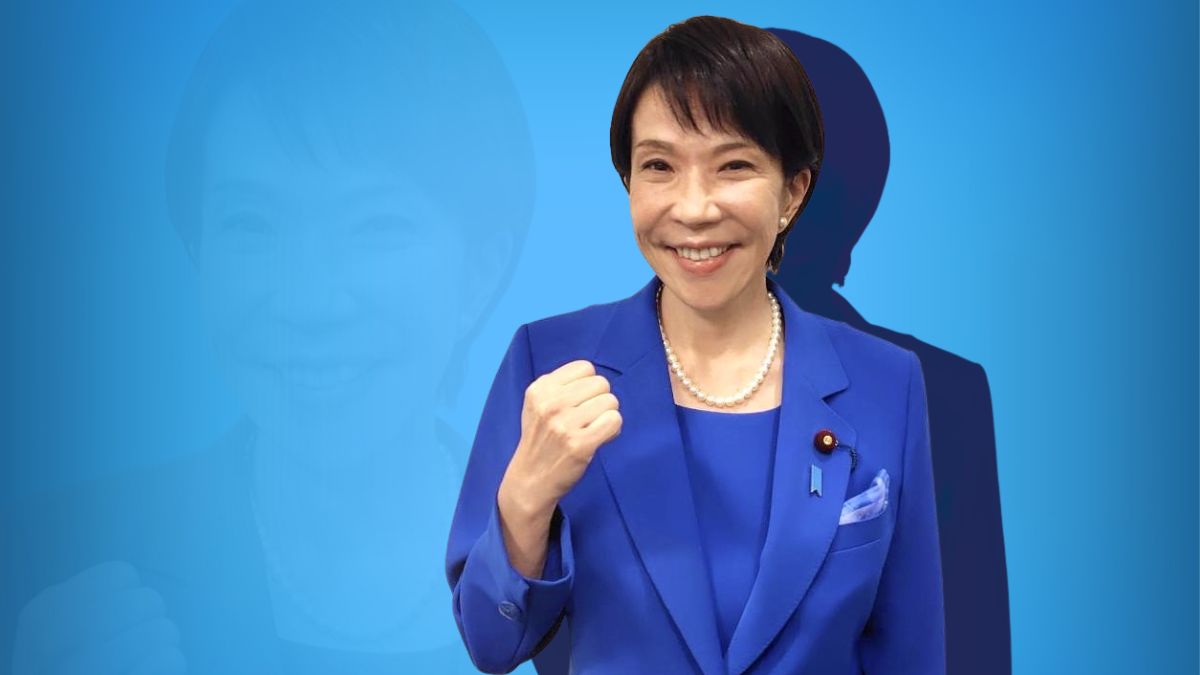


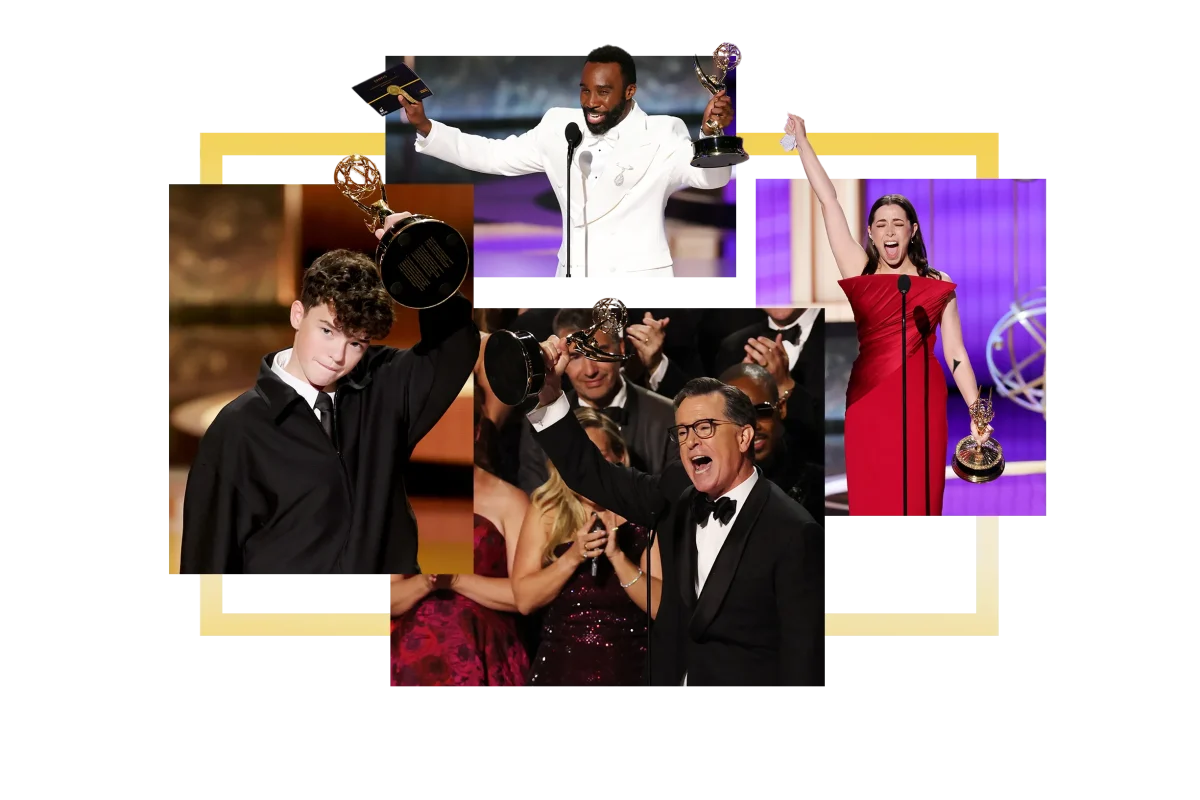

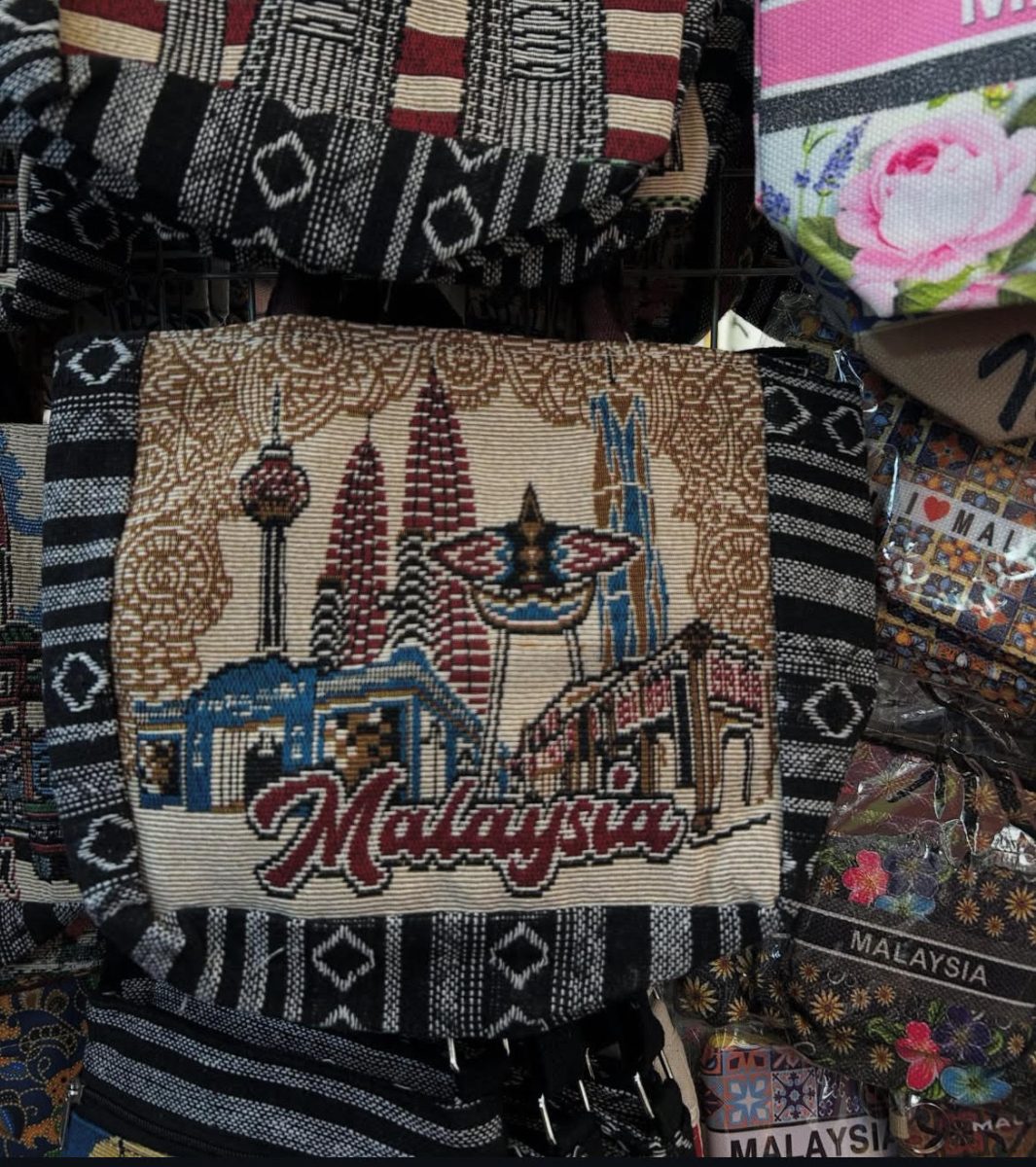
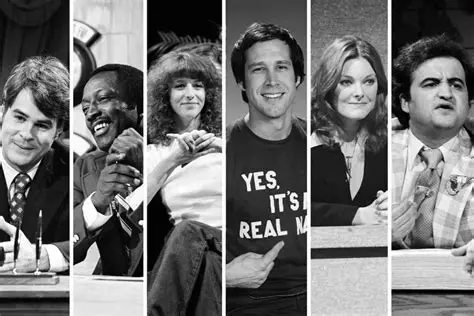

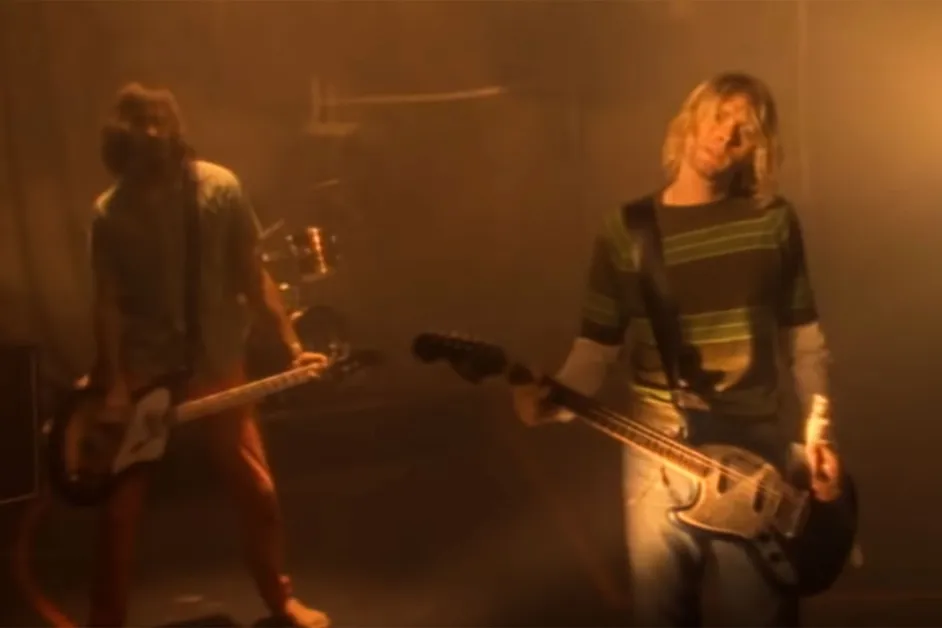
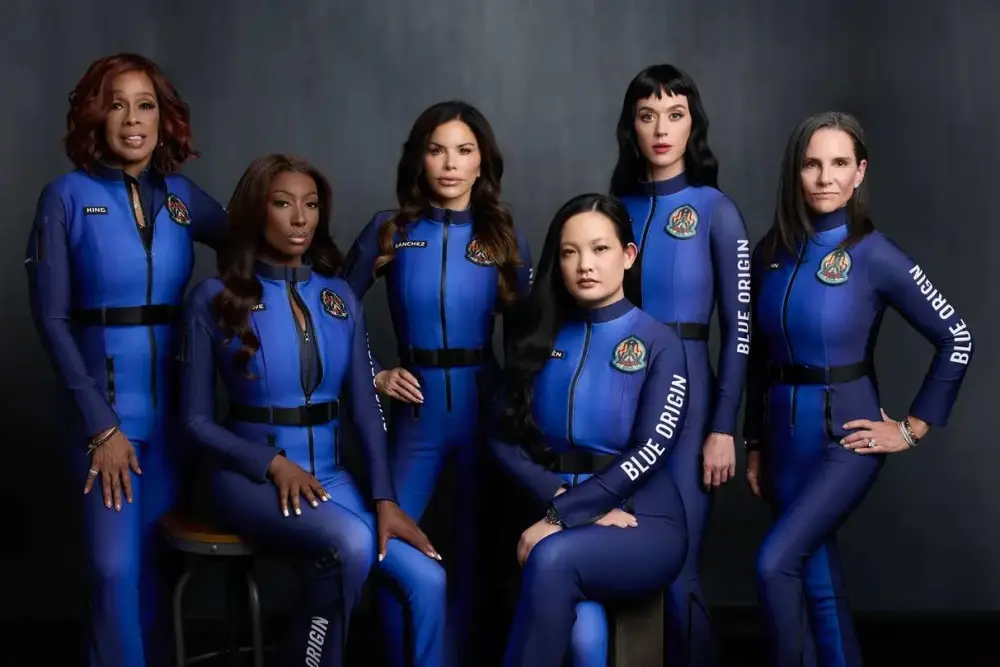
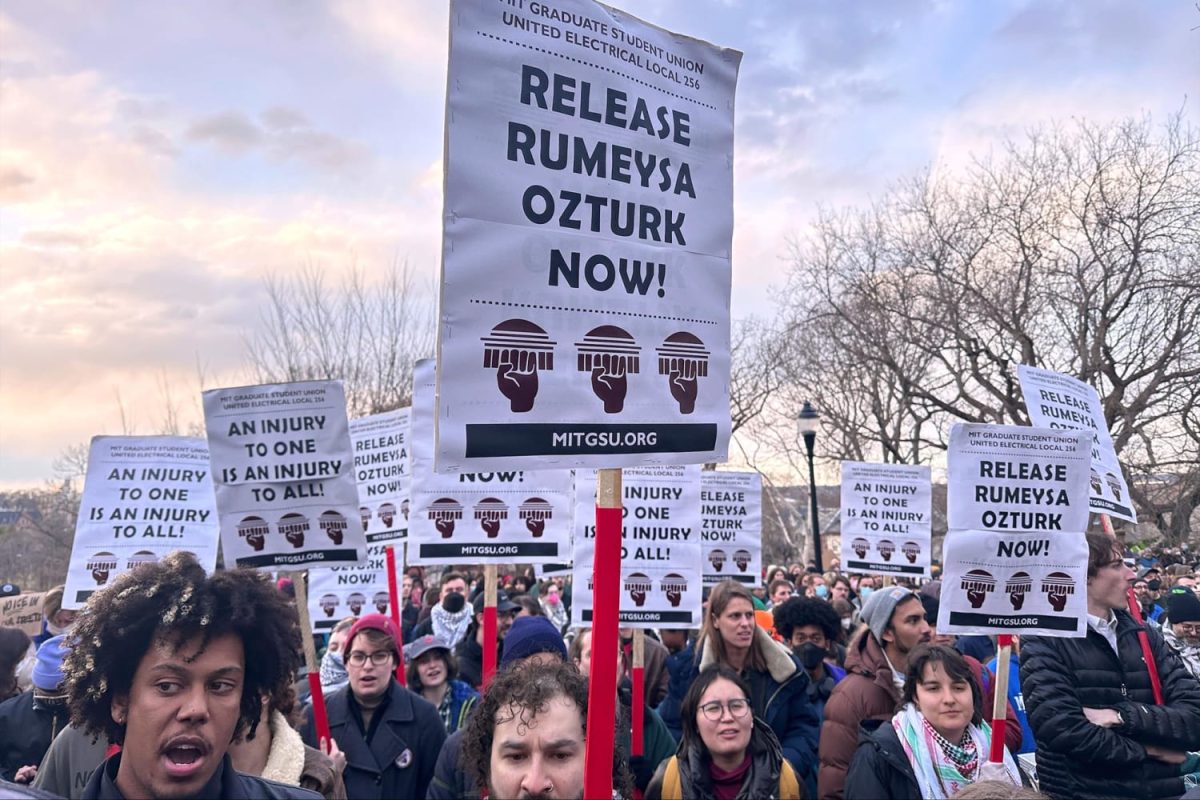
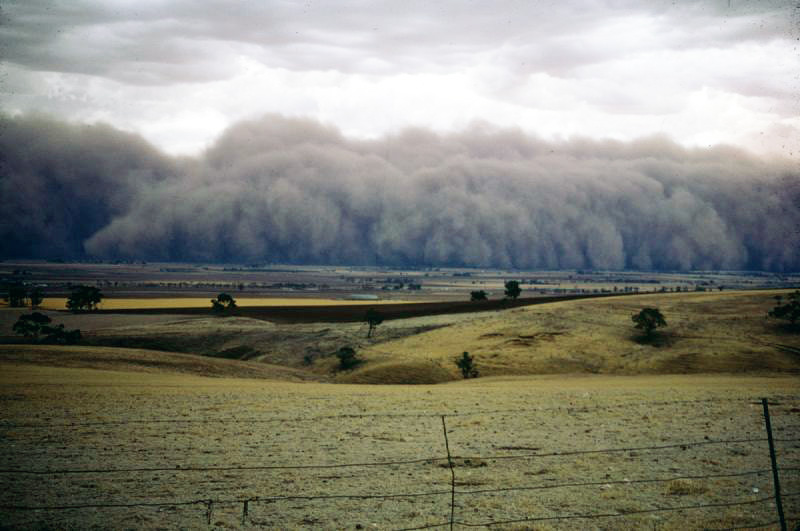
Mark W Dixon • Sep 13, 2025 at 10:42 am
Political violence solves nothing and often backfires on those who perpetrate it. I’ll never understand why people do it, other than out of mindless hate. It’s got no worthwhile objective and no track record of success.
Wonderful piece, Chelsea.
Ray Leonardo • Sep 12, 2025 at 7:13 pm
Great job, Chelsea! A very clear and concise argument!
Ellie Bernier • Sep 12, 2025 at 12:22 pm
Incredible work as always, Chelsea. Your insight is astounding and your way you approach this extremely nuanced topic is beyond impressive. I respect and commend your journalism.
J. Ford • Sep 12, 2025 at 12:05 pm
A perfect summary of everything I’ve been thinking and trying to put into words! Important and well written, thank you Chelsea
Karen Calinda • Sep 12, 2025 at 11:10 am
Thank you for your thoughtful work, Chelsea.
Elaina Freeman • Sep 12, 2025 at 9:11 am
Chelsea, this is genuinely one of the most important pieces across our whole site. We need more people to call out these inexcusable actions. Thank you for being brave enough to share the truth, especially when it is hard.
Zaineb Fawzi • Sep 12, 2025 at 7:49 am
Chelsea, this is such an important article especially today. It is also exceptionally well written. Empathy certainly does seem to be selective in times like these, and the need for gun control is stronger than ever. I commend you for speaking out.